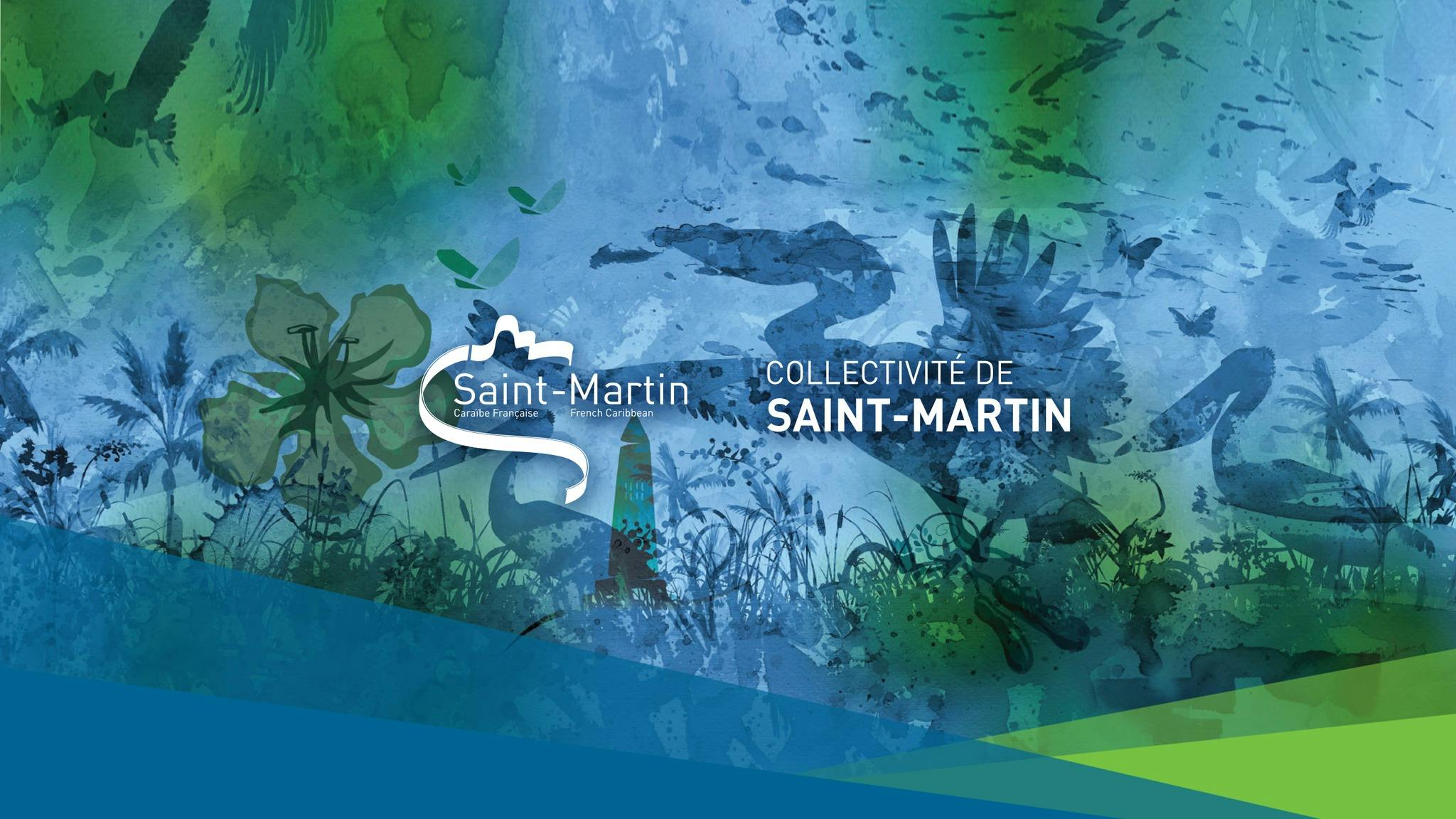The Interreg Caribbean Cooperation Operational Program (OP) 2014 – 2020 is part of the European territorial cooperation 2014-2020, and as such, contributes to the implementation of the Europe 2020 strategy in favor of growth smart, sustainable and inclusive.
What is the FSE?
The Caribbean OP 2014 – 2020 is a single document comprising 2 parts:
- A transnational component for Guadeloupe, Martinique, Guyana and Saint-Martin with the entire Greater Caribbean – €21 million
- A cross-border component for Guadeloupe and Martinique with the OECS (Organization of Eastern Caribbean States) countries – €43 million
This operational program is part of a privileged partnership with international organizations with a regional vocation in the Greater Caribbean, which are:
- the AEC (Association of Caribbean States),
- the OECS (Organization of Eastern Caribbean States),
- CARICOM/CARIFORUM (Caribbean Community / Caribbean Forum),
- other member organizations of the steering committee in charge of developing the program strategy.
It is also consistent with the strategies of other international organizations in the Caribbean such as ECLAC (Economic Commission for Latin America and the Caribbean) and the Caribbean OCTs.
The Caribbean OP 2014 – 2020 is the transposition into the Caribbean of the provisions of the French Partnership Agreement. Indeed, the Agreement indicates in particular that in the ORs, "European territorial cooperation contributes to promoting the integration of the ORs into their regional environment, in particular by strengthening relations and developing trade with countries and territories beyond -sea, the countries (of the Indian Ocean), the Caribbean (and the Pacific) as well as third States in their geographical area”.
In which areas does INTERREG intervene?
6 shared and interdependent development issues, real vectors of regional cooperation within the Caribbean, have been chosen:
- The creation of wealth and jobs, through the diversification and strengthening of the competitiveness of Caribbean economies;
- The development of transport networks (maritime and air) and the opening up of territories to improve their accessibility;
- Strengthening risk prevention and management capacities;
- Protection of the environment and control of the energy transition;
- Strengthening human capital;
- Social inclusion, health and improvement of living conditions.
Based on these issues, the cooperation strategy aims to promote harmonious development of the Caribbean area in three interdependent dimensions which are:
- The creation of wealth and jobs,
- Sustainable development,
- The rapprochement between the peoples of the Caribbean.
The Caribbean OP 2014 – 2020 strategy is structured around several priority areas.
The strategy of the Caribbean OP 2014 – 2020 and the chosen axes also contribute to the horizontal principles of the Europe 2020 strategy, namely sustainable development, equal opportunities and non-discrimination, as well as equality between men and women. women.
Central strategy of the Caribbean OP, axes common to both components
For further
Europe in Saint Martin
Who manages INTEREG in Saint-Martin?
The different management and control structures of the program are as follows:
The management authority:
- The Guadeloupe Region is responsible for the management and implementation of the OP in compliance with the principle of sound financial management, as described in regulations 1303/2013 (article 125) and 1299/2013 (article 23).
- She is the contact person for the European Commission and ensures the application of community regulations.
The Joint Technical Secretariat (JTS) and the Regional Contact Points (PCR):
- The STC is provided by the Guadeloupe Region and assists the management authority and the program monitoring committee in carrying out their tasks by ensuring the operational management of the program in the areas of intervention of the Management Authority and of the Monitoring Committee.
- The community and extra-community PCRs, in liaison with the JTS, provide the role of interface to the program and provide a function of animation and information to project leaders and their partners.
The certification authority:
It establishes and transmits payment requests to the Commission, certifying that they come from reliable accounting systems, are based on supporting documents capable of being verified and have been controlled by the Managing Authority, among other tasks.
The audit authority and the group of auditors:
She is responsible for verifying the operation of the management and control system. The managing authority establishes the description of this system which it transmits to the audit authority which is responsible for examining it and formulating an opinion of conformity with European and national regulations.
It issues an annual opinion on the operation of the system intended to provide reasonable assurance that the state of expenditures and transactions is regular.
The monitoring committee:
It is the strategic steering body for the program. It must be established within three months after approval of the program by the Commission.
It meets at least once a year and must unanimously establish its internal regulations at its first meeting.
The selection committee:
It is formed under the responsibility of the Monitoring Committee assisting it with the selection of operations.
It is based on the recommendations of the program's technical committee.
It is constituted by the partner authorities of the program and chaired by a representative of the partner authorities of the program according to a rotating presidency.
Online resource
Calls for projects available

